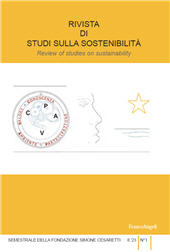Industrial policy impact on competitiveness of companies and sustainable development in post-communist Kazakhstan
167-186 p.
Industrial policy that can include industrial programs, liberalization of trade, anti-trust policy or price of capital regulation, in the context of post-communist Ka-zakhstan with its historical particularities of institutions has distinctive features. In order to develop different sectors of economy Kazakhstan government imple-mented two sequential industrial programs for 2010-2019 period. It was expected positive effect of the industrial programs and another initiatives of industrial policy on survivorship of companies inside the country. However, concentration rates of companies and retailers within 20 industries that are highly dependent on indus-tries within programs, were increasing during the period of programs realization and liberalization of trade.
In order to estimate which of instruments of the indus-trial policy are effective we employ logistic regression model where competitiveness of companies is dependent on observed factors. The secondary dataset consists of 2271 observations at firm level obtained from Euromonitor International and official sources of Kazakhstan government. We find significant impact of Herfindahl-Hirschman index of companies and an interest rate of the National Bank of Kazakhstan on survivorship of firms rather than other instruments of in-dustrial policy in this case. The more attention the government pays to these in-struments the more companies survive. [Publisher's text].
-
Articoli dello stesso fascicolo (disponibili singolarmente)
-
Informazioni
Codice DOI: 10.3280/RISS2023-001010
ISSN: 2239-1959
MATERIE
PAROLE CHIAVE
- industrial policy, competitiveness, survivorship, liberalization, price of capital, concentration rate, sustainability


